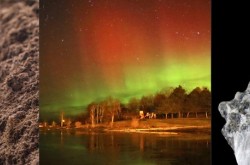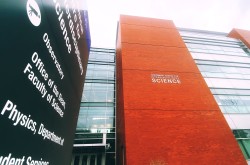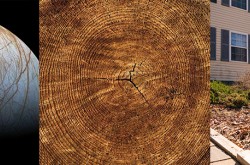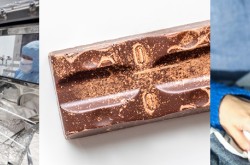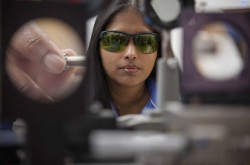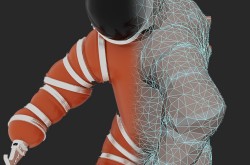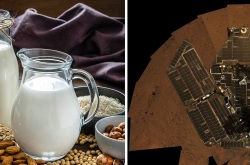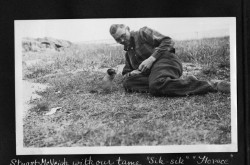Getting to the root of autism
This article was originally written and submitted as part of a Canada 150 Project, the Innovation Storybook, to crowdsource stories of Canadian innovation with partners across Canada. The content has since been migrated to Ingenium’s Channel, a digital hub featuring curated content related to science, technology and innovation.
SickKids researcher Stephen Scherer offers parents an explanation of the genetic causes of autism
By Christopher Pollon
To hear Stephen Scherer tell it, his path to becoming director of The Centre for Applied Genomics at Toronto’s Hospital for Sick Children (SickKids) and one of the world’s most accomplished autism researchers was pure serendipity. It was the late 1990s, and Scherer was a staff scientist at SickKids working as part of the Human Genome Project, mapping and sequencing chromosome 7, a region that soon after was shown to hold genes linked to autism. “I didn’t know what autism was at the time, but I learned our hospital was seeing hundreds of these kids each year,” says Scherer. “I realized this was something I should be working on.”
A Canada Foundation for Innovation (CFI) grant allowed SickKids to purchase the latest gene-chip technology (a gene chip is a tool used to identify mutations in specific genes), which enabled Scherer to study DNA from autistic kids at a higher resolution. (SickKids was the second research group in North America to get the technology after the Houston, Texas, team that helped create it.) Scherer’s work demonstrated for the first time that errors in the way cells replicate DNA can result in some individuals getting more or less than one gene from each parent — a phenomenon known as copy number variation (CNV) — and it’s this variation that may underlie conditions like autism.
“That was groundbreaking,” says Scherer. “Until we published that in 2004, these types of genetic variants were not included in any genetic studies at all because people didn’t know they existed. Now, studying CNVs in genetic-disease research is done across the board, not just in human studies but in every animal study too.” In September, Scherer was listed by Thomson Reuters as a potential winner of the Nobel Prize in Physiology or Medicine for his work on CNV.
Transcript
The Tao of Discovery documentary series profiles eight medical researchers who have been honoured with the Premier's Summit Award. In it, the scientists explain their personal "Tao of discovery"—the origin and evolution of the "Eureka!" moment that ignited their careers. Filmed outside the lab, these short interviews provide refreshing insights into the personal passions that have propelled the scientists' search for meaning and sparked discovery.








